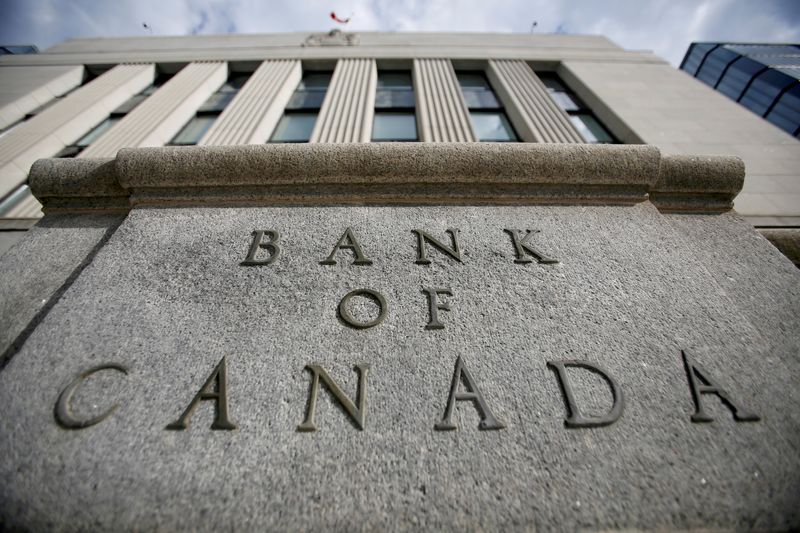The Bank of Canada talks about household problems due to high rates
2022.11.22 14:53
[ad_1]

The Bank of Canada talks about household problems due to high rates.
Budrigannews.com – The Bank of Canada stated on Tuesday that higher interest rates are beginning to slow the Canadian economy. This puts pressure on households with a lot of debt and people who just bought a home with a variable-rate mortgage.
Senior Deputy Governor Carolyn Rogers (NYSE:) asserts, “It will take time to get back to solid growth with low inflation, but we will get there.”remarked in a speech delivered at the University of Ottawa.
To combat high inflation, the Bank of Canada raised rates by 50 basis points last month, bringing the policy rate to 3.75 percent—the highest level since January 2008, when it was at 4%.Additionally, it predicted that growth would slow down between the middle of next year and the fourth quarter of this year.
According to Rogers, the bank was keeping an eye on how the stability of the financial system might be affected by a combination of high home prices and high household debt, two long-standing economic vulnerabilities in Canada.
She stated that as interest rates have increased, “the risk of a trigger that may affect financial stability has increased.”
She went on to say, “But there are good reasons to believe the system as a whole will be able to weather this period of stress and remain resilient,” citing the system-strengthening reforms that have been implemented since the global financial crisis.
Money markets see a 20% chance of a larger move of 50 basis points at the Bank of Canada’s next policy decision on December 7. They have fully discounted a further 25 basis points of tightening.
According to Rogers, approximately 670,000 new homeowners with variable-rate mortgages who bought when prices were high during the pandemic will be most affected by the rate increases.
Rogers stated, “This is not a large share of households.”
Last week, data revealed that Canada’s annual inflation rate held steady at 6.9% in October, matching analyst forecasts. However, core inflation measures were mixed.
According to a research paper that was published by the central bank of Canada, three-quarters of variable rate mortgages in the country have fixed payments until their payments only cover interest and do not cover any of the principal, or the trigger point.
Lenders can ask for higher payments from fixed-rate mortgages once they reach the trigger point. According to the paper, approximately 50% of Canadians with variable-rate mortgages, or about 13% of all mortgages, have already reached the trigger point for their payments.
According to the report, the trigger point could be reached by 65% of holders of variable rate mortgages, or 840,000 loans and approximately 17% of all mortgages, if rates rise by 50 basis points.
[ad_2]








